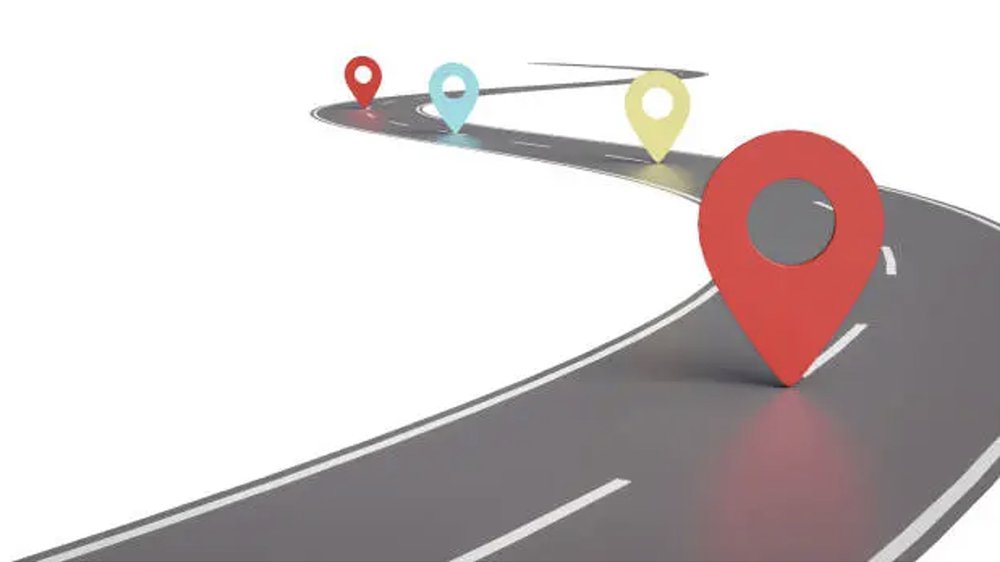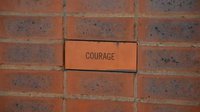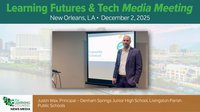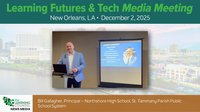Parents often worry about whether they’re doing enough to make sure their kids are ready for the future. “With all the conflicting information out there, it’s easy to get caught up in wondering whether your child is meeting the ‘right’ milestones at the ‘right’ time,” says Vasilii Kiselev, CEO and co-founder of Legacy Online School, an online education platform that provides high-quality online education.
So, how can parents make sure their kids are prepared to take on whatever comes their way? Here, Vasilii takes a closer look at the milestones that matter most, naming the five key skills children should have at ages five, ten, and fifteen.
Five-Year-Olds: Building the Foundations
Age five is a time for learning basic skills, as they lay the groundwork for later self-sufficiency, resilience, and confidence. These are the five critical skills they need to master:
- Basic Self-Care: At this age, kids should learn to take care of themselves independently. This means developing key habits like washing their hands and brushing their teeth. “Learning habits at this young age will help them stick for life,” Vasilii says.
- Motor Skills: The ability to hop, skip, and stand on one foot for a few seconds might sound simple, but these core motor skills help build coordination, physical strength, and confidence. Whether climbing at the park or trying somersaults, five-year-olds are learning to trust their bodies and stay safe as they explore the world around them.
- Communication: By age five, your child should be able to express themselves in complete sentences. They should be able to tell a simple story, use basic grammar properly, and speak about the future. “As well as developing good foundational language skills, clear communication helps improve their social skillset, allowing them to form friendships and connect with others,” Vasilii says.
- Understanding Time: They should grasp basic concepts like today, tomorrow, and yesterday. This sets the foundation for learning about scheduling and time management as they grow.
- Social Skills: At five, your child should be learning how to cooperate with others, follow rules, and express their emotions in a socially acceptable way. “For example, they should be learning how to share toys or deal with small conflicts,” Vasilii says. “These early lessons help develop their emotional intelligence.”
10-Year-Olds: Developing Life Skills
By age 10, children are entering their tweens, and should be ready to take on more responsibilities and begin mastering vital life skills. These are the skills kids should have by age 10:
- Cleaning and Organizing: By now, your child should be able to help with household chores like washing dishes, folding clothes, and vacuuming. These chores teach kids the benefit of keeping the house clean and tidy, and can demonstrate to them how dividing up chores will be an essential part of living with others in the future.
- Making Simple Meals: Kids at this age can start helping with preparing (or even independently making) simple meals. “Show them how to make a sandwich or prepare breakfast,” suggests Vasilii.
- Money Management: Whether it’s managing an allowance or saving for a toy, teaching your 10-year-old about budgeting helps them understand the value of money. Building early financial literacy sets them up for responsible spending in the future.
- Self-Advocacy: At school and in social situations, it’s important that your child feels confident speaking up for themselves. Teaching them to express their needs, for example, by addressing an issue with a teacher or asking for help from a peer, is vital for building self-confidence and problem-solving abilities.
- Healthy Choices: At 10, kids are starting to make more of their own decisions, especially regarding food and physical activity. “It’s important to teach them how to make healthy choices, as it encourages them to continue healthy habits as they grow,” says Vasilii.
15-Year-Olds: Preparing for Adulthood
By 15, your teen is on the cusp of adulthood. They’re learning more about themselves, their values, and how to navigate the world independently. These requisite skills prepare them for adulthood and help them thrive as they finish school and enter the workforce.
- Time Management: At this age, your teen is juggling schoolwork, extracurricular activities, and perhaps even a part-time job. Learning to manage their time effectively is an indispensable skill that will benefit them in every aspect of life—especially when they head off to college or start a career. Show them how to make to-do lists, write a schedule, or introduce time management methods like the Pomodoro Technique.
- Communication Skills: A 15-year-old should be proficient in expressing ideas clearly, listening actively, and collaborating with others. “Teach them how to navigate tricky social situations, like arguments, confronting someone, or apologizing and admitting fault,” says Vasilii. “You can also teach your child that sometimes a key part of communicating is knowing when to stop and walk away.”
- Problem-Solving: By now, your teen should be able to assess situations, think critically, and come up with solutions on their own. Encouraging this kind of independent thinking strengthens their confidence and prepares them for the complexities of adult life.
- Driving and Navigation: While they may not have their license just yet, teens should know the basics of driving and navigating streets. This includes understanding road signs and the importance of road safety. This knowledge will help them be better drivers and safer pedestrians.
- Financial Literacy: Now is the ideal time to teach your teen about saving, investing, and the dangers of debt. Whether they’re managing their first paycheck or saving for a big purchase, understanding how money works should give them the confidence to make smart financial decisions.
According to Kiselev, “The skills children build in their early years—whether it’s learning to tie their shoes or having their first taste of responsibility—prepare the foundation for everything that comes next. On top of boosting their confidence, these early skills teach children how to handle challenges, set goals, and problem-solve. When kids know they can rely on themselves, they’re more likely to take risks, ask questions, and embrace learning, all setting them up for future success.
“But it’s not just about the individual—it’s also about how they interact with others. Children who feel competent and resilient are more likely to build strong friendships and understand and express their emotions effectively and healthily. Early skill-building gives kids the tools they need to grow into curious and confident adults.”
More on Legacy Online School
Legacy Online School provides a high-quality, flexible, and accredited online education for students from Kindergarten through 12th grade. Their curriculum is designed to foster academic excellence and personal growth, allowing students to learn at their own pace. With a team of experienced educators, Legacy Online School combines interactive digital tools with personalized support, ensuring each student's success. The school emphasizes a well-rounded education, including extracurricular activities and college prep guidance, to prepare students for future endeavors.











